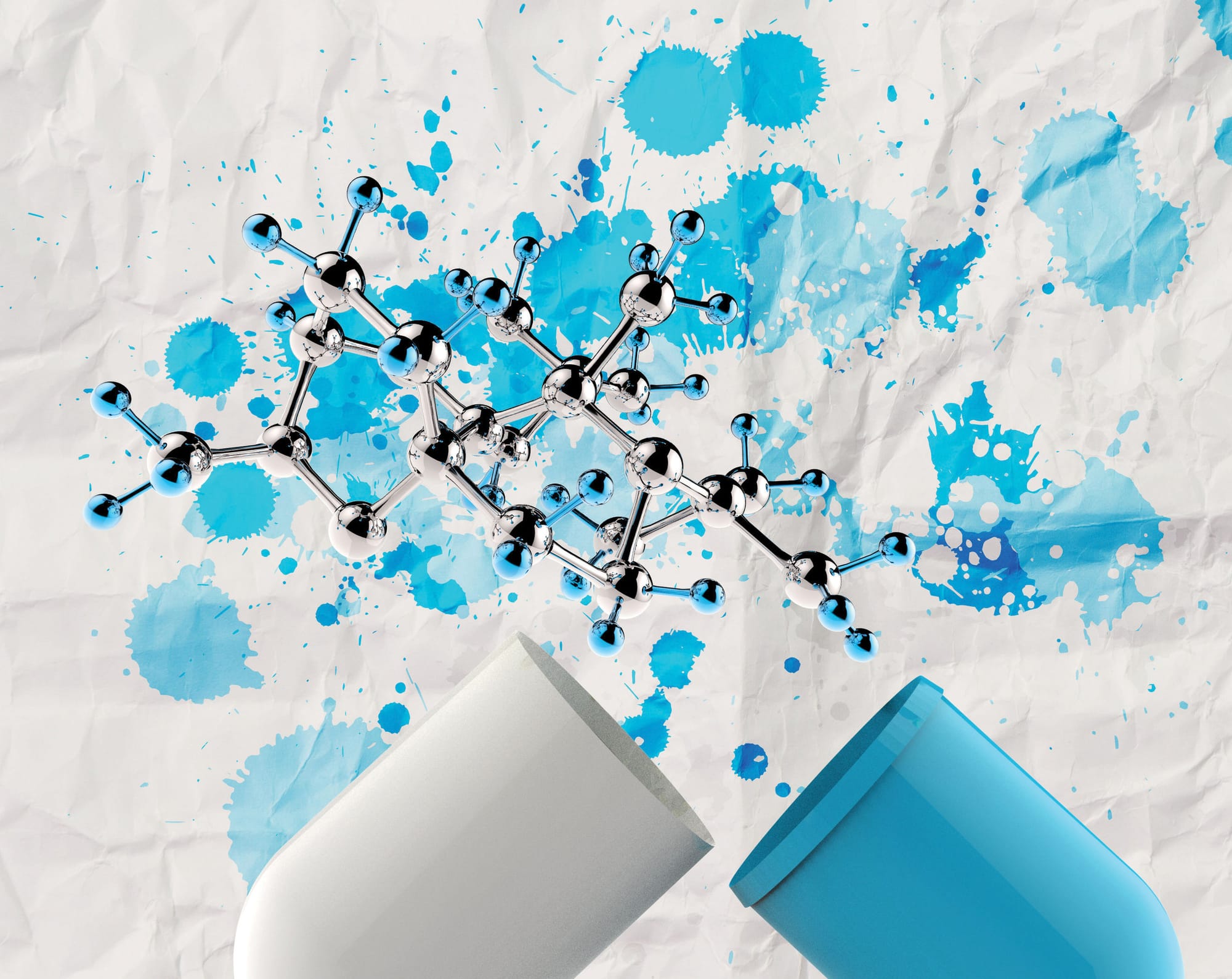
Groundbreaking work by a medicinal chemist in identifying ‘dead-end’ compounds that waste millions of research dollars, and years of academic effort, has prompted a rare editorial policy change by the world’s largest scientific society.
A four-page editorial warning scientists about the pitfalls of trying to develop new drugs derived from PAINS (pan assay interference compounds) was published simultaneously in nine American Chemical Society (ACS) journals earlier this year.
The false promise of PAINS was exposed by Professor Jonathan Baell, a research professor in the Monash Institute of Pharmaceutical Sciences, and co-director of the Australian Translational Medicinal Chemistry Facility. In a 2010 paper, he identified key types of compounds that show potential in early research but ultimately prove useless.
The article in the Journal of Medicinal Chemistry sparked intense interest. Yet the problem remains poorly understood, according to the journal’s editor-in-chief, Gunda Georg, and favourable papers based on initial screening continue to “pollute the literature,” he says.
The highest-impact journal in the field, the Journal of Medicinal Chemistry revised its submission guidelines two years ago, requiring researchers to demonstrate that chemical compounds interacting with disease-related proteins were not PAINS.
The recent editorial, a highly unusual step, reflects a wider policy shift and a concerted effort to get the anti-PAINS message out. Other journals are now expected to update their guidelines.
Professor Baell, who hopes Nature journals will follow suit, says: “It’s sending a signal that it’s going to be increasingly hard to get published on these dead-end compounds. That will not only discourage people from working on them, but will correspondingly turn them to working on compounds with real potential.”
The problem emerged after academic researchers started to adopt high throughput screening (HTS) about 15 years ago. Previously, the technology – which allows the rapid testing of many thousands of molecules to assess their potency against ‘target’ proteins – was only used by drug companies.
Based then at Melbourne’s Walter and Eliza Hall Institute of Medical Research, Professor Baell screened compounds from his own chemical ‘library’ and found that some showed consistently good results. However, when he tried to modify them to create new drugs he failed. Several chemists spent up to three years working on the compounds, which, he found, had a common substructure.
Positive reviews of PAINS, as Professor Baell called them, were showing up frequently in the literature. “I realised the problem was probably huge,” he says.
His 2010 paper includes free software filters for PAINS, whose deceptive powers stem from their ‘promiscuity’. Under certain, unpredictable circumstances, they can interact with a variety of proteins, in addition to the target. “It’s much harder to find the compounds that have less interesting activity early on but after optimisation end up becoming the real McCoy,” he adds.
The paper, which he followed up with a commentary piece in Nature in 2014, was praised by the likes of the US’s Dr Chris Lipinski, inventor of the ‘rule of five’ algorithm governing chemical compounds.
“I’ve heard anecdotally that many of the major [research] institutes had been hitting their heads against the wall,” Professor Baell says.
Yet seven years on, the Journal of Medicinal Chemistry still receives manuscripts on these compounds, while some past publications have accumulated hundreds of citations.
“That’s why there was the need to do this editorial,” Professor Georg explains. “We thought, What else can we do to alert the scientific community?”
Professor Baell is the author of more than 100 publications, with more than 40 granted patents to his name. His focus is now back on diseases such as Chagas disease, a life-threatening, parasite-spread illness common in South America. That said, he still accepts invitations to talk about PAINS, hoping to dissuade academics from squandering time and money.
“Especially as you get older, you realise there’s a dire need for better treatment for a whole raft of diseases, and that’s ultimately what drives me.”





